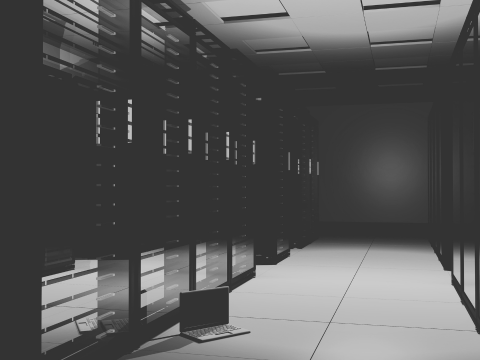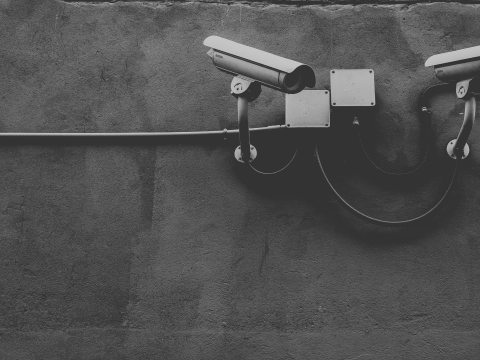No spam, only Cyber Insights 1x a month !
"*" indicates required fields

AI and security are bound for better or worse: cybercriminals are using it to attack faster and harder. In the…

A Managed Security Service Provider (MSSP) operates cybersecurity solutions for organizations of any size. They provide peace of mind to…

Companies and public organizations are routinely targeted by cybercriminals and state-sponsored organizations alike, with attacks spanning ransomware, espionage-motivated intrusions, and…

An On-Premises EDR is not always an option. The choice may be guided by data confidentiality issues or even be…

File Integrity Monitoring aims to verify and analyze the integrity of critical files.

The protection of an information system must be constantly adapted to keep pace with changing usage patterns and cyber threats.…

GDPR requires companies to protect personal data. But what exactly does this regulation mean for your organization?

Whether it’s espionage or a ransom demand, data is coveted by attackers. How can you establish an effective backup system…

As a CISO or SOC Manager, let’s assume you’re convinced of the benefits of crisis drills, but your IT department…

No threat can target Linux endpoints? Think twice. Ransomware attacks, cryptocurrency miners, web shells, and rootkits are often used to…

In its second participation in the MITRE Evaluations, HarfangLab reaffirms the excellence of its detection capabilities and achieves first-rate protection…